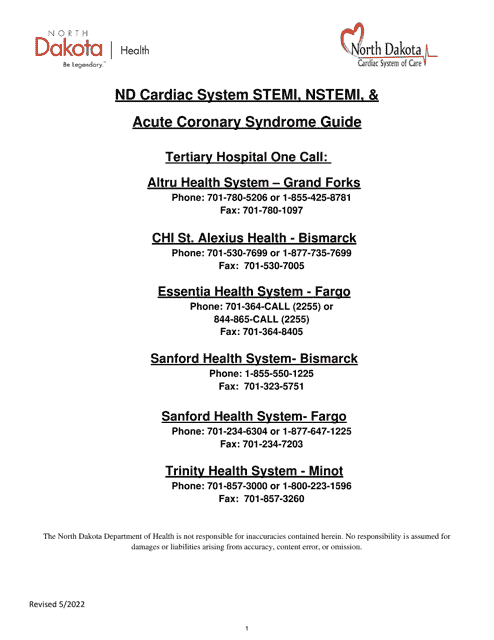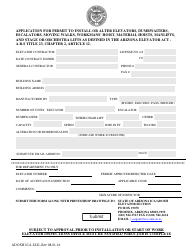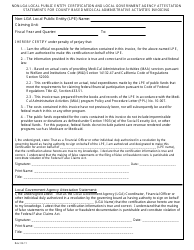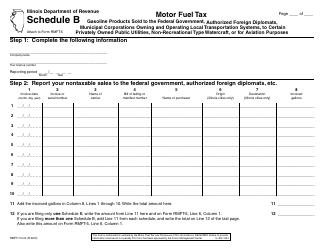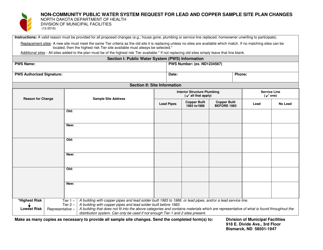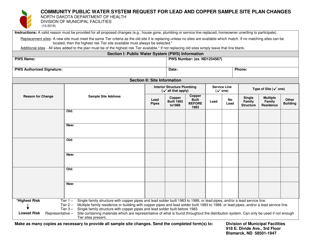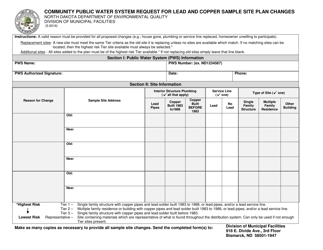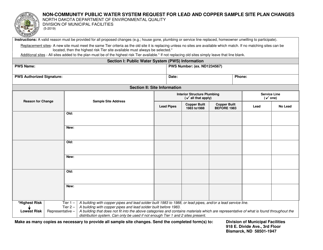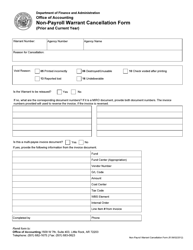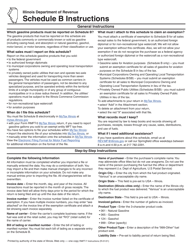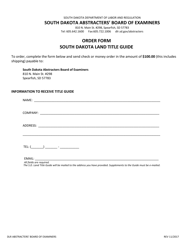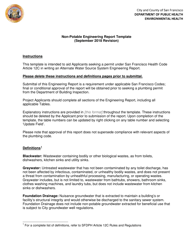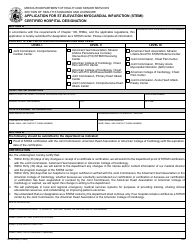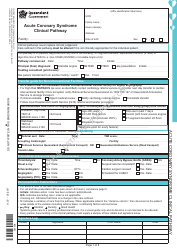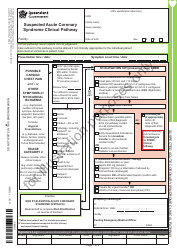North Dakota Cardiac System: St-Segment Elevation Myocardial Infarction (Stemi), Non-st-Elevation Myocardial Infarction (Nstemi), and Acute Coronary Syndrome (Acs) Guide - North Dakota
North Dakota Cardiac System: St-Segment Elevation Myocardial Infarction (Stemi), Non-st-Elevation Myocardial Infarction (Nstemi), and Acute Coronary Syndrome (Acs) Guide is a legal document that was released by the North Dakota Department of Health and Human Services - a government authority operating within North Dakota.
FAQ
Q: What is St-Segment Elevation Myocardial Infarction (STEMI)?
A: STEMI is a type of heart attack characterized by a complete blockage of blood flow to the heart muscle, which results in ST-segment elevation on an EKG.
Q: What is Non-ST Elevation Myocardial Infarction (NSTEMI)?
A: NSTEMI is a type of heart attack characterized by a partial blockage of blood flow to the heart muscle, which does not result in ST-segment elevation on an EKG.
Q: What is Acute Coronary Syndrome (ACS)?
A: ACS is a term used to describe a range of conditions that involve reduced blood flow to the heart, including both STEMI and NSTEMI.
Q: What are the symptoms of a heart attack?
A: Common symptoms of a heart attack include chest pain or discomfort, shortness of breath, nausea, lightheadedness, and discomfort in the arms, neck, jaw, or back.
Q: What should I do if I think I'm having a heart attack?
A: If you think you're having a heart attack, it's important to call 911 immediately. Chewing and swallowing an aspirin can also help reduce further damage to the heart while waiting for emergency medical services.
Q: How are heart attacks diagnosed?
A: Heart attacks are diagnosed through a combination of medical history, physical examination, electrocardiogram (EKG), blood tests, and imaging tests like an angiogram.
Q: What treatments are available for heart attacks?
A: Treatments for heart attacks may include medications, such as antiplatelet drugs and blood thinners, cardiac catheterization with angioplasty and stenting, and coronary artery bypass graft surgery.
Q: How can I reduce my risk of having a heart attack?
A: To reduce your risk of having a heart attack, it's important to maintain a healthy lifestyle, including regular exercise, a balanced diet, not smoking, managing stress, and controlling conditions like high blood pressure and diabetes.
Q: What is the role of emergency medical services (EMS) in treating heart attacks?
A: EMS plays a critical role in treating heart attacks by providing early access to medical care, performing initial assessments and interventions, and transporting patients to appropriate medical facilities.
Q: Are there any specialized cardiac centers in North Dakota?
A: Yes, North Dakota has specialized cardiac centers and hospitals that provide comprehensive care for heart conditions, including heart attacks.
Form Details:
- Released on May 1, 2022;
- The latest edition currently provided by the North Dakota Department of Health and Human Services;
- Ready to use and print;
- Easy to customize;
- Compatible with most PDF-viewing applications;
- Fill out the form in our online filing application.
Download a printable version of the form by clicking the link below or browse more documents and templates provided by the North Dakota Department of Health and Human Services.
